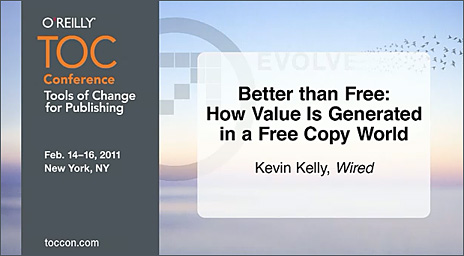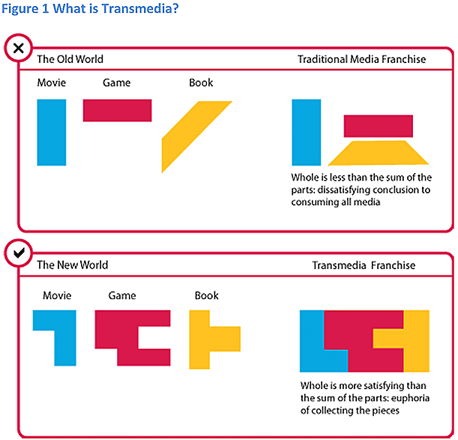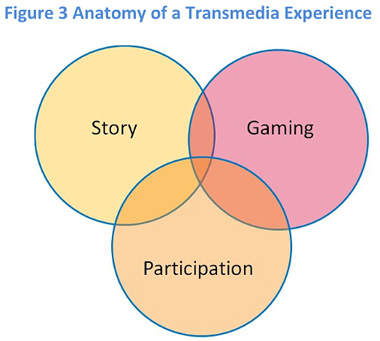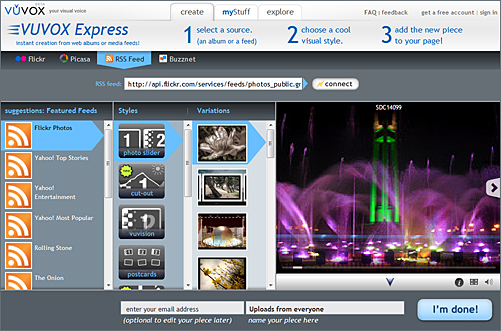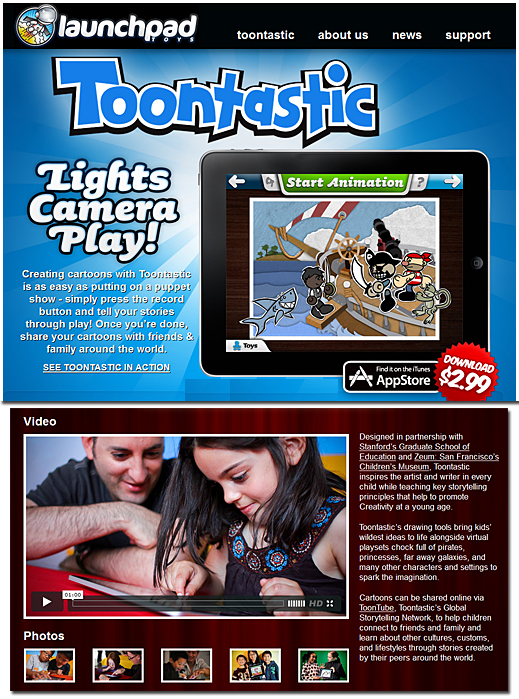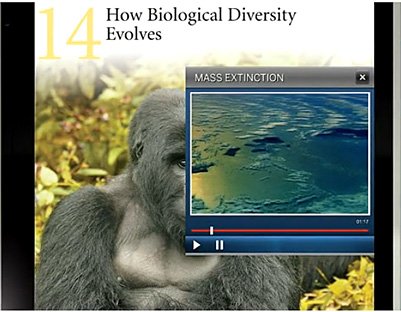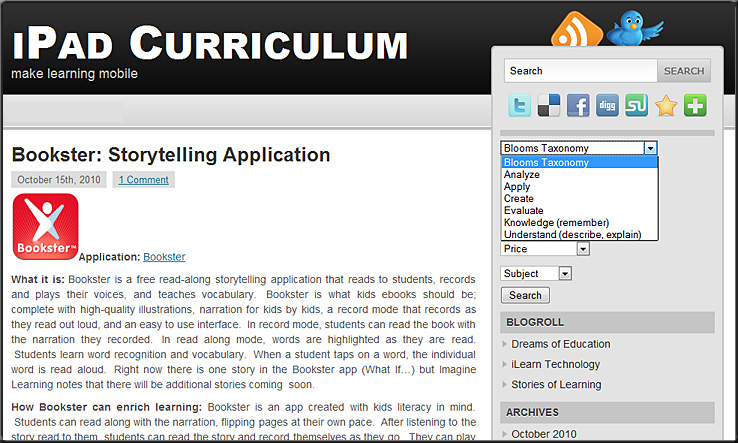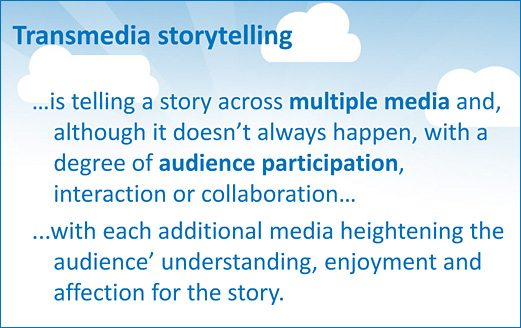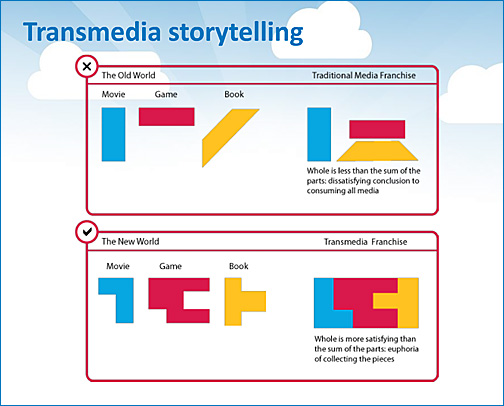.
Brief summary/notes from DSC:
Per Kevin Kelly (Feb 2011), the future is about 6 verbs:
- Screening — we are moving from being “people of the book” to “people of the screen”
- Interacting
- Sharing
- Accessing — not owning
- Flowing — streams/flows of data and information, tags, clouds, not pages, real time, always on (24x7x3765), everywhere, no sense of being completed, feeds, flows of data, books will operate in this same environment
- Generating — not copying; pressure on things to become free; value is in things that cannot be copied (easily or cheaply). We want “easy to pay for but hard to copy”; things such as:
- immediacy
- personalization
- authentication
- findability
- embodiment
- interpretation
- accessibility
- attention
Originally from — and see:
- Gerd Leonhard at the Futures Agency.com
- …and with thanks to O’Reilly for publishing this!









